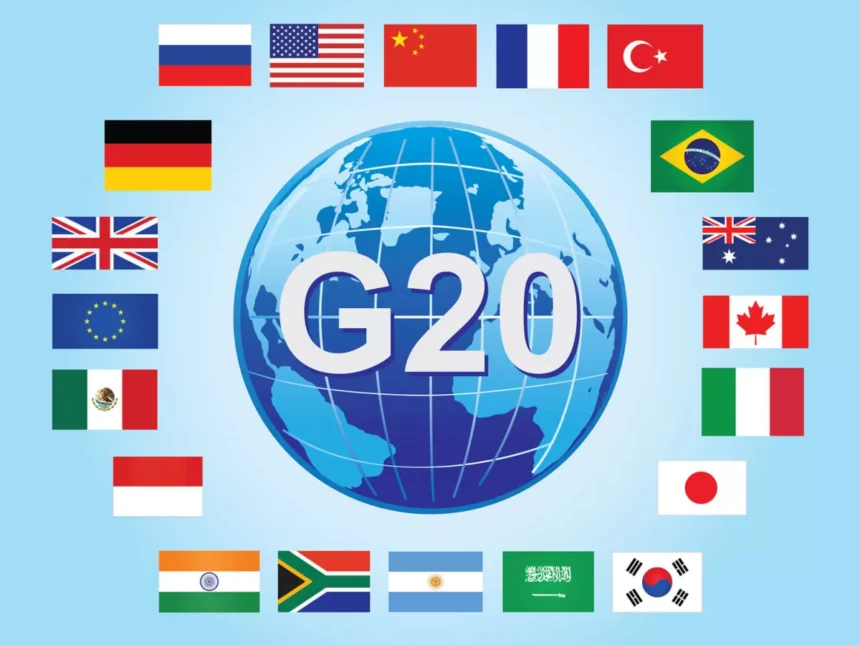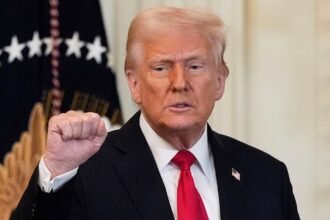The use of Russian financial resources will significantly impact the global currency and financial system, warns the Russian delegation, said Deputy Finance Minister Ivan Chebeskov during final meeting (October 23-24) of the G20 Finance Ministers and Central Bank Governors in Washington.
Chebeskov emphasised that the G20 must address the issue of geo-economic fragmentation, Caliber.Az reports per Russian media.
“It is crucial to support a non-discriminatory multilateral trading and financial system. The utilisation of Russia’s financial assets will have profound systemic consequences for the international currency and financial system,” he stated.
Commenting further, Chebeskov noted that the US dollar is increasingly being used as a weapon, prompting developing countries to seek alternative currencies for transactions and reserves.
The finance ministers of leading developed and developing economies have committed to countering protectionism, as reflected in the consensus document released by the Ministry of Finance.
Notably, on October 23-24, the Finance Ministers and Central Bank Governors of the G20 convened in Washington, DC, during the Annual Meetings of the International Monetary Fund (IMF) and the World Bank Group (WBG).
This meeting celebrated the 25th anniversary of the G20 Finance Track and aimed to address the three key priorities set by the Brazilian Presidency including, social inclusion and the fight against hunger and poverty, energy transitions and sustainable development and reform of global governance institutions.
Discussions focused on issues related to Multilateral Development Banks (MDBs), the financial sector, financial inclusion, and the global economy, reflecting on the legacy of the G20 Finance Track.
Despite ongoing international economic cooperation, significant challenges persist in achieving the 2030 Agenda for Sustainable Development and the Sustainable Development Goals (SDGs).
Key concerns include poverty, hunger, malnutrition, inequality, demographic transitions, access to technology and education, conflicts, energy and food insecurity, financing gaps, high debt burdens, and climate change.
By Aghakazim Guliyev





















